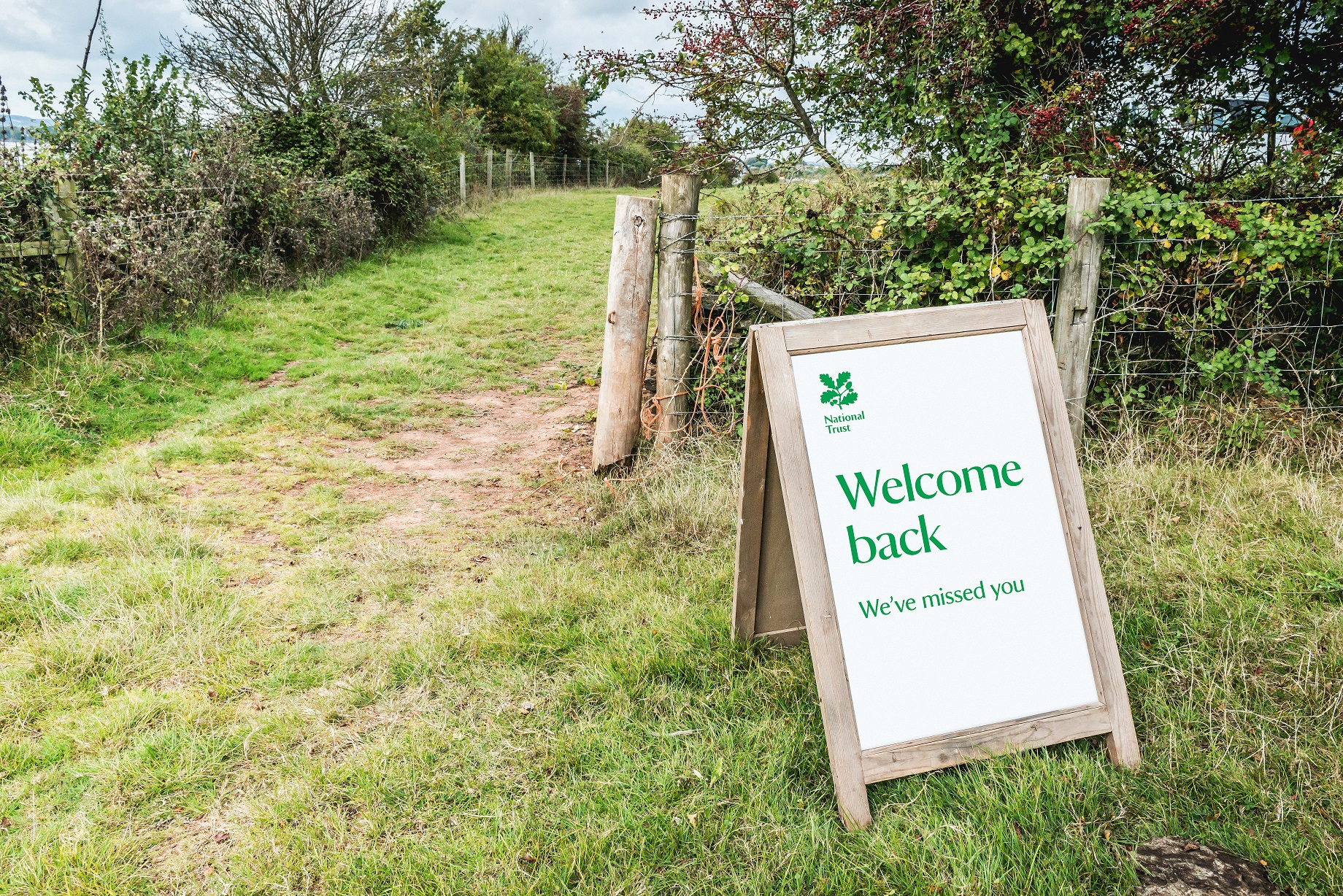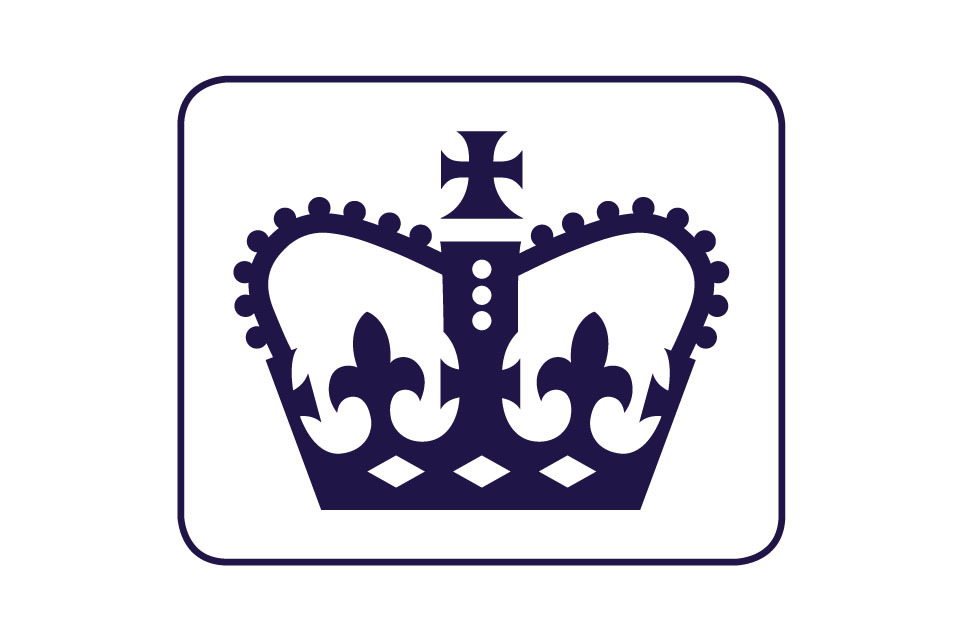Membership of charities is holding firm amid declining interest among the public in joining sports clubs, special interest groups and professional associations across other sectors.
The findings have emerged in analysis carried out by consultancy nfpResearch.
This found that one in five members of the public have subscribed to at least one charity membership scheme over the last decade.
This proportion has remained consistent over the last year, while there has been a decline in the proportion of the public joining membership schemes across other sectors, such as professional associations.
"Membership is a crucial tool for charities to boost their income and engagement" said nfpResearch managing director Tim Harrison-Byrne.
"Despite the hardships being faced all around, our new report shows that the public are still invested in the success of charities.
"But it’s important that the sector maintains this momentum. A clear strategy and emphasis on inclusivity is needed to ensure that membership schemes can thrive.”
The National Trust is the most popular charity membership scheme, with 5.4m members as of 2021.
Others in the top ten include RSPB, English Heritage, Wildlife Trusts, Worldwide Wildlife Fund and the University of the Third Age.
Scout Association, Girlguiding, the Royal Horticultural Society and the National Trust in Scotland complete the top ten.
Advice on creating successful schemes
Advice to charities given by the consultancy on running a successful membership scheme is to be clear on its goals and what members can expect from the charity and what it can expect of members.
A focus on inclusivity and accessibility is also important as is a focus on long term membership and ensuring such scheme are distinct and offers more than being a supporter of a charity.
“It is critical for a charity to understand and evaluate the success of any existing membership offerings and whether members are satisfied with their package,” advises nfpResearch’s report.
“Research is key to this and surveying current and potential members will increase your understanding. Asking standardised questions in a supporter or member benchmark survey enables you to better understand whether the demographics of your membership are typical and how levels of engagement by members/supporters compare to those of similar organisations.”
Latest News
-
Home Secretary urged to dump plans to link UK settlement to volunteering
-
Global software firm moves into events fundraising with Enthuse acquisition
-
Career path: Building a charity from the ground up
-
Friday funding roundup - 13 Feb
-
Autism support charity to close ‘due to a significant fundraising deficit’
-
Regulator urges charities to 'avoid character attacks' on politicians
Charity Times video Q&A: In conversation with Hilda Hayo, CEO of Dementia UK
Charity Times editor, Lauren Weymouth, is joined by Dementia UK CEO, Hilda Hayo to discuss why the charity receives such high workplace satisfaction results, what a positive working culture looks like and the importance of lived experience among staff. The pair talk about challenges facing the charity, the impact felt by the pandemic and how it's striving to overcome obstacles and continue to be a highly impactful organisation for anybody affected by dementia.
Charity Times Awards 2023
Mitigating risk and reducing claims

The cost-of-living crisis is impacting charities in a number of ways, including the risks they take. Endsleigh Insurance’s* senior risk management consultant Scott Crichton joins Charity Times to discuss the ramifications of prioritising certain types of risk over others, the financial implications risk can have if not managed properly, and tips for charities to help manage those risks.
* Coming soon… Howden, the new name for Endsleigh.
* Coming soon… Howden, the new name for Endsleigh.
Better Society

© 2021 Perspective Publishing Privacy & Cookies














Recent Stories